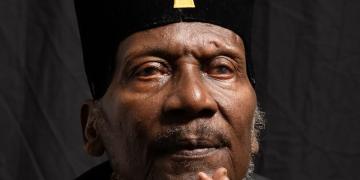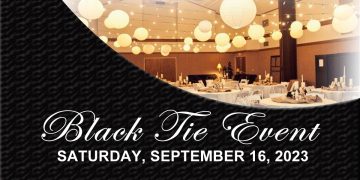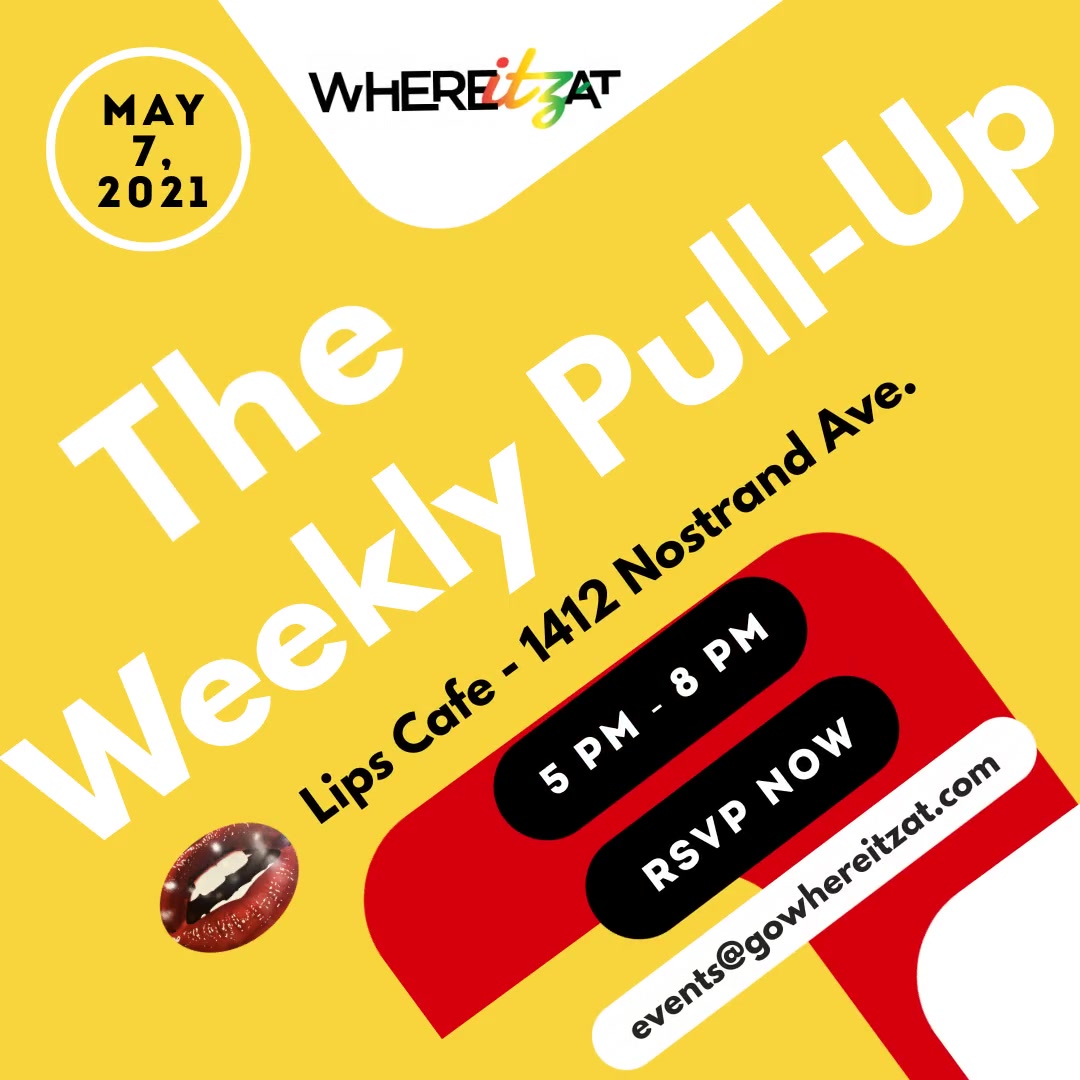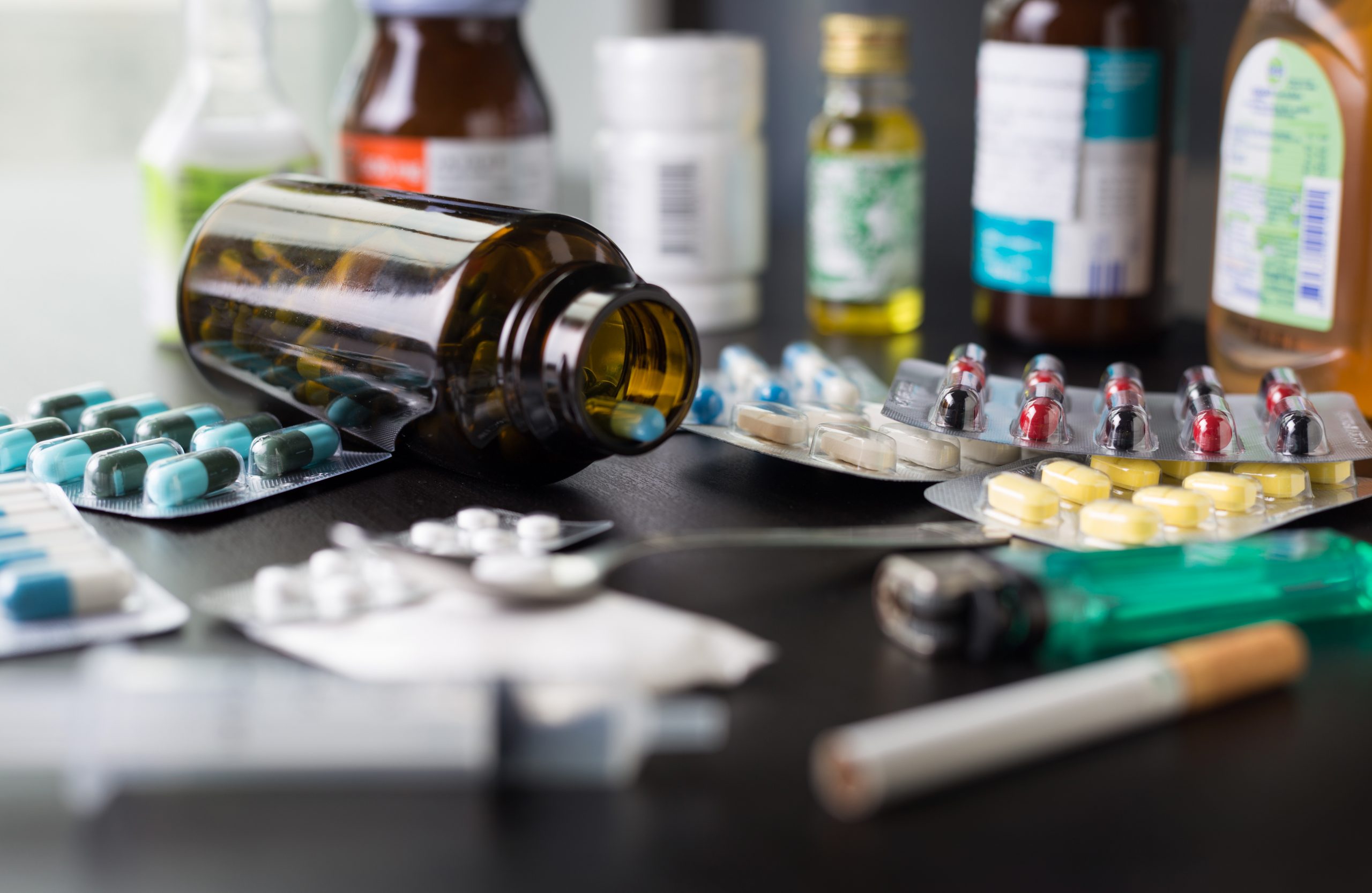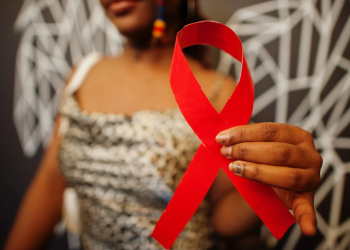
When I think of the heart, for some reason I think about the engine of my car. In order to make sure it functions properly I have to take great care of it. I have to do regular oil changes, make sure it has all the necessary fluids to keep it running smoothly. When things start to feel out of whack, like if the engine starts to drag or if I detect any sputtering, I immediately take it to the mechanic, because I know I can’t afford to cause any severe damage that could lead to an engine replacement.
The same thing is true for your heart. It is critical that we begin first by having a healthy relationship with our body and the heart is at the center of that. So here are a few things that have helped me on my journey to recovery as a two-time heart attack and cancer survivor:
- Slow down and begin to listen to your body – have you been feeling more tired than usual? Are you having trouble sleeping or trouble staying asleep? Do you sometimes feel a tightness in your chest or find it difficult to breathe? These are all signs that could mean a variety of things, but it’s critical that if you feel any of these things that you:
- Immediately call your doctor or head to your nearest emergency room
- Be very clear about what you’re feeling and describe your symptoms to your doctor.
- Know your health history and your family history – Do you have high cholesterol? Do you have high blood pressure? Is there a history of cardiovascular disease in your family?
- Don’t be afraid to overshare – Have you been experiencing night sweats? Finding it difficult to take short walks or manage small tasks without feeling winded/out of breath? The more information you can provide to your doctor, the more chance that physician has to properly diagnose your problem.
- Manage your stress – I know we have all heard this, and some of us might think, how do I do that? Is that even realistic? Well, I can tell you that stress can lead to a number of things, including a heart attack, so managing that stress is crucial. As humans, we tend to overcomplicate things, so let me break down a few things that have helped me:
- Laughter – every chance I get I laugh. Whether it’s watching a funny sitcom, a skit on social media or reading some great jokes, I actually make time every day to laugh. Think I’m crazy? The Mayo Clinic among others, have been gathering data on the benefits of laughter over the years and it’s been proven to relieve stress, lower your heart rate, increase the endorphins released by your brain and so on. The bottom line is laughter can be a great tool to combat stress daily.
- Meditation – now I know this isn’t a one size fits all but taking 5 minutes at the beginning of my day, every day, to reflect on my life, express gratitude for what I have and set intentions for what I would like to achieve has led to me having more focused and purposeful days. Think of it as programming your mind. I could spend all day talking about this, but I will leave you with this – what I said to myself daily, the positive messages, the gratitude, all helped to strengthen me and push me forward as I recovered from my heart attacks and battled cancer. It gave the fuel needed to overcome any challenge put before me.
- Get moving – I know you might have been expecting me to type exercise here, but there’s more to it than that. We all know the dangers of sedentary positions. Sitting all day is one of the unhealthiest things we can do to our body. According to an article from Johns Hopkins Medicine and a large review of studies published in 2015 in the Annals of Internal Medicine, sitting for long periods was linked to Type 2 diabetes, heart disease and cancer. So, if you’re working 8-to-12-hour days, get up and get moving. It could be as simple as a few jumping jacks at your desk, or some yoga stretches. Making daily movement a part of your routine has a tremendous benefit to your overall health. Adding exercise to that, is even better. I walk anywhere from 4 to 6 miles a day and I incorporate stretching, jumping jacks, burpees, and pushups to help me stay physically and mentally fit.
- Mind what you consume – I’m sure you’ve heard the expression “You are what you eat” right? Well imagine how much worse it can be when you’re also consuming things mentally and environmentally. The toxic work environment, toxic friends, toxic relationships, social media, and the list goes on. While we work towards consuming healthier foods, it’s crucial to weed out the other toxic things in your life. Yes, it’s easier said than done, but remember there is only one “You”. So prioritizing what you consume ensures that you put yourself in the best possible position to live a longer and healthier life.
If there is one thing I have learned throughout this journey is that you have to put yourself first. I don’t mean be inconsiderate of others, I mean prioritize YOU. You can’t begin to care for anyone else, to run a business, manage a team of people or enjoy your life, if you’re not putting you and your health first. Let’s prioritize living our lives on purpose and with purpose and don’t forget to have fun every step of the way.

